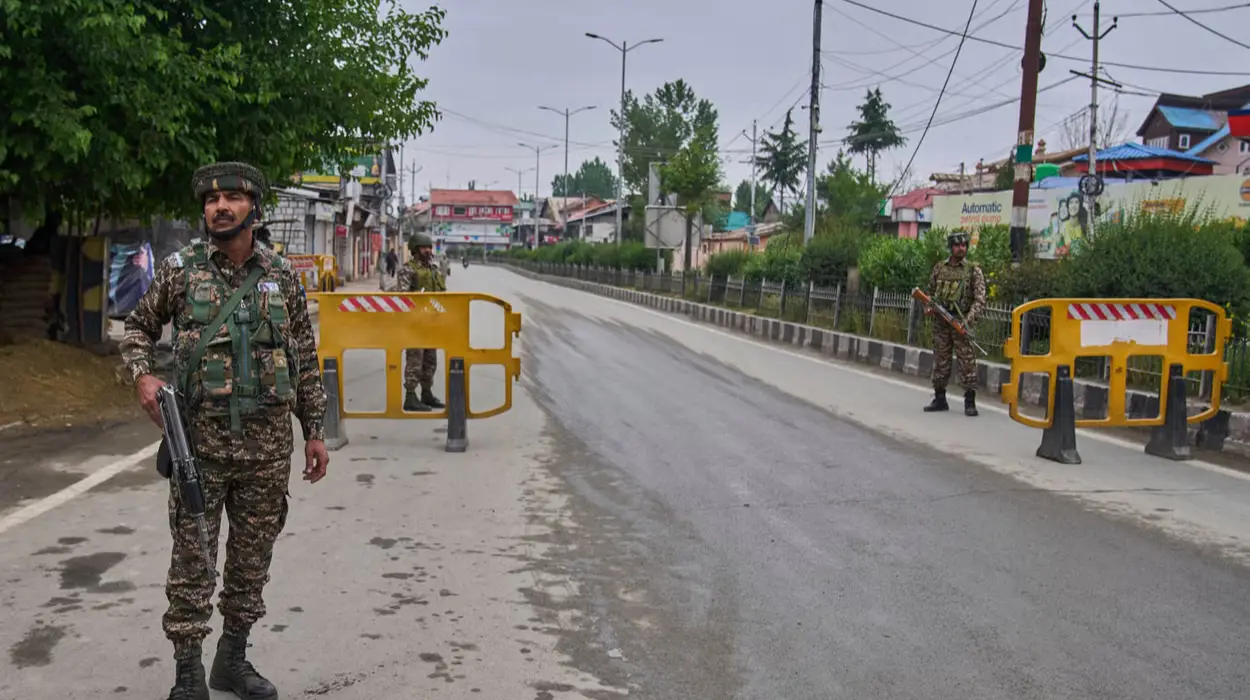UK (Parliament Politics Magazine) – UK Foreign Secretary David Lammy, along with G7 counterparts, has called for de-escalation between India and Pakistan amid rising tensions.
As reported by The Standard, Mr Lammy has urged immediate de-escalation between India and Pakistan to prevent further conflict.
What did David Lammy and G7 counterparts say about India-Pakistan tensions?
The Foreign Secretary and other officials have called for ‘maximum restraint’ from both countries, warning that any “escalation of military action poses a grave risk to regional stability.”
Tensions between Pakistan and India have escalated after a gun massacre last month. India has accused Pakistan of being responsible for the attack.
In a statement issued on Saturday, the foreign ministers of the UK, Canada, France, Germany, Italy, Japan, and the US, along with the EU’s high representative, strongly condemned the “egregious terrorist attack in Pahalgam on April 22.”
They also urged maximum restraint from both India and Pakistan.
They added,
“Further military escalation poses a serious threat to regional stability. We are deeply concerned for the safety of civilians on both sides. We call for immediate de-escalation and encourage both countries to engage in direct dialogue towards a peaceful outcome.”
Adding they will
“continue to monitor events closely.”
Keir Starmer’s views on rising tensions between India and Pakistan
In a statement on Wednesday, Sir Keir Starmer urged both nations to take measures to reduce tensions after the recent gunfire exchanges in Kashmir.
At Prime Minister’s Questions, Sir Keir stated,
“Rising tensions between India and Pakistan will be of serious concern for many across Britain. We are engaging urgently with both countries as well as other international partners, encouraging dialogue, de-escalation and the protection of civilians.”
Kashmir clashes and London protests
Tensions between India and Pakistan rose after a gun attack in Kashmir last month. The attack killed 26 people, mostly Hindu tourists, in Indian-controlled Kashmir. India blames Pakistan for the attack, but Pakistan has denied the accusations.
The region of Kashmir has been a point of clash between India and Pakistan since 1947. Both nuclear-powered countries control parts of the region but each asserts full ownership.
A protest is expected in London on Saturday. The South Asia Solidarity Group is organizing an “emergency peace protest” in Parliament Square to oppose the conflict.
Jean-Noël Barrot’s stance on tensions between India and Pakistan
France’s Foreign Minister Jean-Noël Barrot stated,
“We understand India’s desire to protect itself against the scourge of terrorism, but we call on both India and Pakistan to exercise restraint to avoid escalation and, of course, to protect civilians.”
Asif Zardari’s views on Pakistan’s response to Indian aggression
A statement from the President’s House stated, that President Zardari
“lauded the exceptional professionalism and bravery of the Armed Forces of the country for giving a befitting response to Indian unprovoked aggression and missile attacks.”
What did Donald Trump announce about the India-Pakistan ceasefire?
President Trump confirmed that both India and Pakistan have reached an agreement on a complete and immediate ceasefire. He announced the ceasefire from his account on the Truth Social Platform.
He added,
“After a long night of talks mediated by the United States, I am pleased to announce that India and Pakistan have agreed to a full and immediate ceasefire. Congratulations to both countries on using common sense and great intelligence.”


